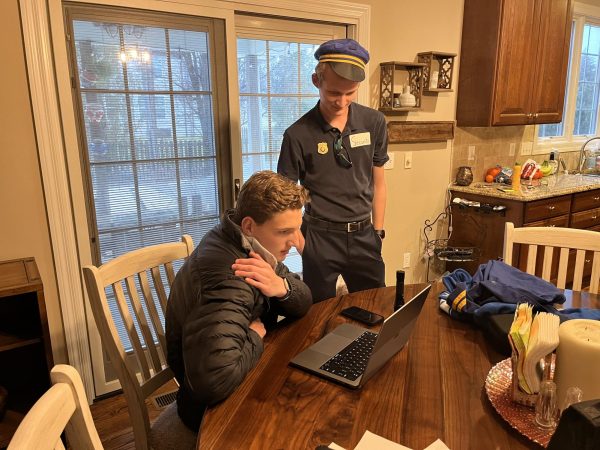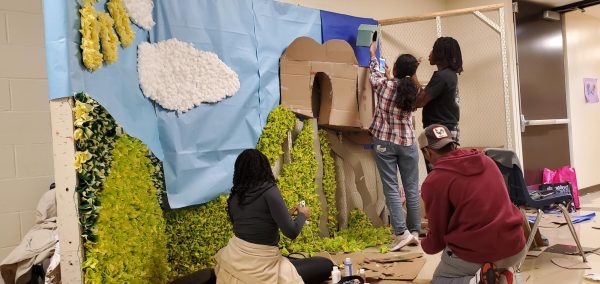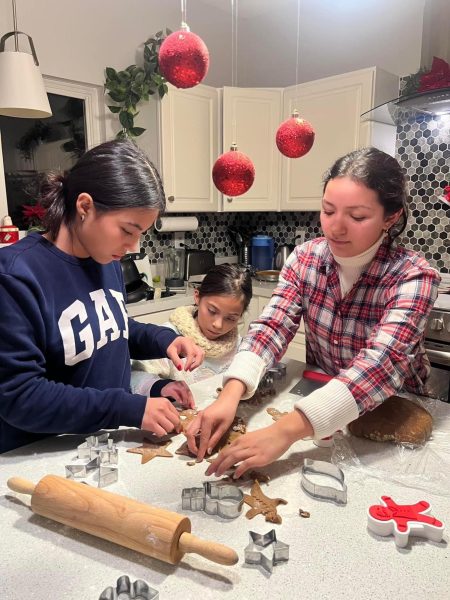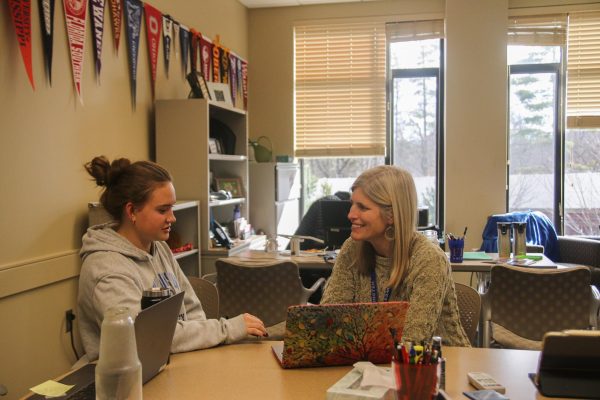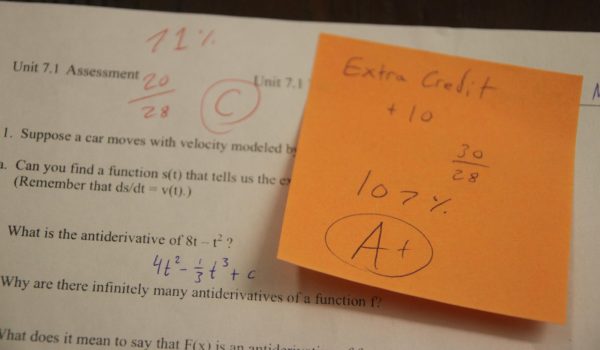What’s Your Type?
Students and faculty at WCA learn more about their personalities
Are you ISFJ, ENFJ, or INTP? Do you wonder why some of your friends cry over the littlest things that don’t matter to you? Or why you prefer to work alone while other people cannot focus without collaboration? The answer to these questions lies within your personality test results.
These tests offer insight into why people think and act the way that they do and display better ways to interact in the world around you. They reveal traits that you never knew you possessed. In addition, they can help you to determine your strengths and provide potential career ideas. While they point out your weaknesses, they also provide constructive feedback on how to overcome these challenges.
Teachers and faculty at WCA use personality tests in their classrooms as a way for students to get to know themselves and one another. Mr. Murphy uses the Myers-Briggs tests to better understand his students and how they learn.
“They help me know something concrete about my students at the start of the year. It is such a joy to help people find more of themselves…God made us all different, and it’s our job to get to know one another and appreciate the full diversity of humanity,” said Robert Murphy, upper school math teacher.
While learning about the sixth commandment in January, Rabbi Davis’ Bible classes took personality tests. After seeing the countless variations of personalities, the students were taught that all life is unique and therefore sacred. In addition, students learned interesting facts about themselves, such as which historical figure they most resemble.
“I figured out that I have the same personality as Rutherford B. Hayes,” said Erik Bergman, sophomore.
To increase their effectiveness as a team, the WCA Ambassadors also take personality tests at the beginning of each year.
“This test helped teach me how to work better in groups of people,” said Tiffany Johnson, junior.
In addition to benefiting students, personality tests have allowed teachers to analyze their own strengths and weaknesses.
“I found the results very affirming about my spiritual gifts, as well as what I find most joy in, ” said Sheriden Newlin, finance and accounting teacher.
They have also helped them to understand their students and create a more dynamic classroom.
“The results of the strengths finder tests helped me to see how uniquely designed each of us are with our own strengths,” said Gina Butterfield, upper school science teacher.
Both teachers took personality tests in college and were amazed to see some of the same traits reappear in their recent test results.
Myers-Briggs remains one of the most popular personality tests. This test divides your strengths into the following categories: Extraverted vs. Introverted, Sensing vs. Intuition, Thinking vs. Feeling, and Judging vs. Perceiving. It asks a series of questions and generates a four letter acronym that describes you. At the end of the test, you have a relatively accurate description of your personality and ways you interact with others. You might be surprised on how well your description fits you and the way you communicate. You may be even more shocked to find a little acronym helpful in building your character.
Now it’s your turn. Take the 16 Personalities test and find out your personality: http://www.16personalities.com/free-personality-test
And if you want a second opinion, try out the Human Metrics test: http://www.humanmetrics.com/cgi-win/jtypes2.asp
Be sure to file your results. Then, in a few years, you can look back and see if you have maintained your personality traits-or become someone completely new.





